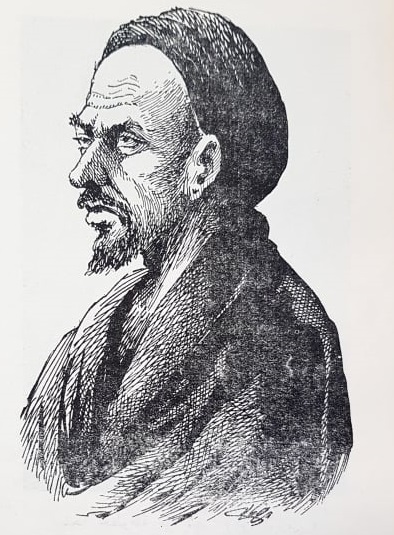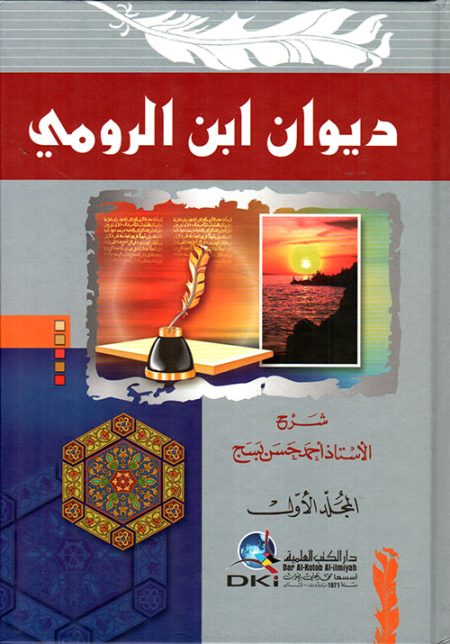962-7983-18423+
24/7 دعم

Abu al-Hasan Ali ibn al-Abbas ibn Jurayj, also known as Jurjis, known as Ibn al-Rumi, was a poet of the third century AH during the Abbasid era.
He was born in al-Aqiqah in Baghdad (2 Rajab 221 AH – 283 AH).
Ibn al-Rumi was a client of Abdullah ibn Isa, and there is no doubt that he was of Roman origin, as he mentions and confirms this in several places in his poetry collection. His mother was of Persian origin and a pious, righteous, and compassionate woman, as is evident from his elegy for her.
Ibn al-Rumi was a great poet from the Abbasid era, from the same class as Bashar and al-Mutanabbi. His life witnessed many tragedies, which left their mark on his poems. His poetry varied between praise, satire, pride, and lament. He was one of the most distinguished poets of his time, and he had a published collection of poetry.
Taha Hussein said of him, “We know that he was unlucky in his life. He was not beloved by the people, but rather hated and envied. His misfortune was not limited to his bad luck, but perhaps also due to his bad nature. He was temperamental, turbulent, unstable, weak-willed, and extremely sensitive, almost to the point of extravagance.”
Ibn Khallikan described him, “The famous poet, possessing a wondrous style and a unique composition, delved into rare meanings, extracting them from their source and presenting them in the best possible light. He never abandoned the meaning until he had exhausted it completely, leaving no trace of it.”
